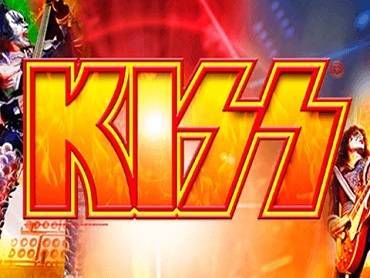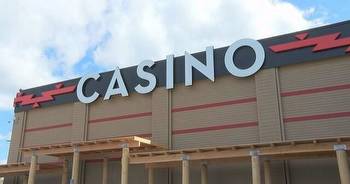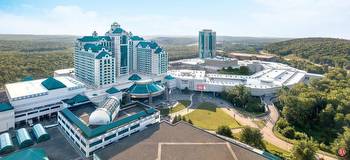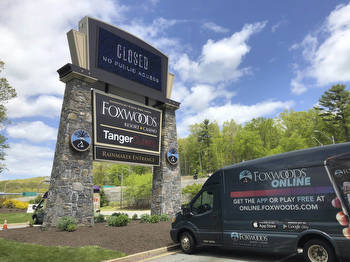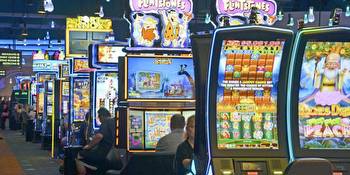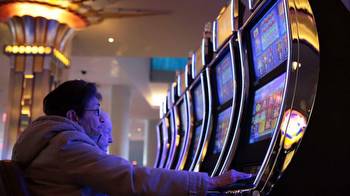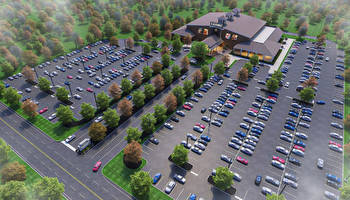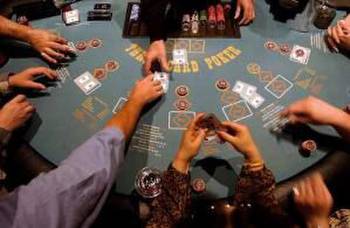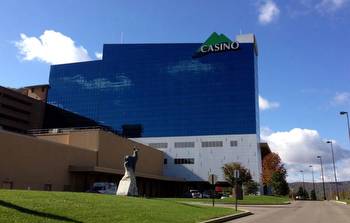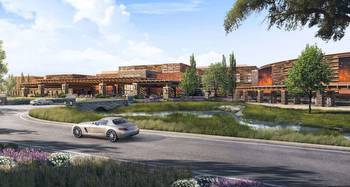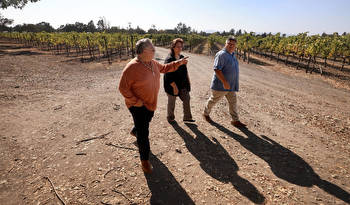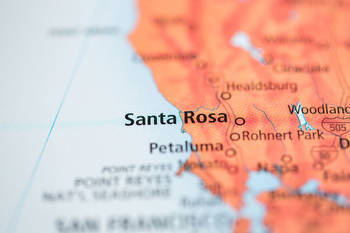Casino fears drive clash over CT tribal recognition
If you’re looking for the definitive Not In My Backyard (NIMBY) issue in Connecticut, consider the plight of tribes.
The Schaghticoke Indian Tribe is the latest to seek federal recognition. Leaders in the Town of Kent are against it. If the effort gains traction, expect town leaders to get support from the likes of U.S. Sen. Richard Blumenthal, D-Conn., along with other municipalities across Connecticut.
Here’s the catch — it’s not really Kent’s backyard in the first place.
The Schaghticokes were on the land before settlers named the town after the county in England circa 1737. But Kent’s current leaders sound adamant in opposing the Schaghticoke’s petition to the Bureau of Indian Affairs.
“Within maybe two weeks of receiving federal recognition, (the Mashantucket Pequot Tribal Nation in Ledyard) started a bingo parlor and now you have a huge gambling facility, hotel, entertainment — all kinds of activities,” said Jeff Sienkiewicz, Kent’s special counsel on Schaghticoke affairs.
It’s the “all kinds of activities” that the opposition is afraid of. An effort to build another casino would draw reliable blowback, even as Connecticut embraces legal sports betting and lottery income.
Schaghticoke Business Manager William Buchanan counters that a Kent casino is not in the cards. That doesn’t preclude leveraging recognition rights to put a complex elsewhere in the state. Three years ago, Buchanan told Hearst Connecticut Media he was meeting with “every major casino operator in the world.”
Kent has dealt with this before. The Schaghticoke Tribal Nation, a different faction of the tribe, won federal recognition before it was revoked in 2005. It pursued building a casino with financial backing from Subway restaurant founder Fred DeLuca, who grew up in Bridgeport. Another federal overturn spoiled casino plans for the Eastern Pequots of North Stonington, causing future President Donald Trump to sue to get his money back.
During that battle, Kent hired lobbyists and groups such as Town Action to Save Kent rose in opposition. Blumenthal, then Connecticut’s attorney general, led the crusade as Danbury, Waterbury and Bridgeport were identified as possible casino sites. Blumenthal met with leaders from Westport, Norwalk, Stamford, Fairfield, Ridgefield, Newtown, Wilton, Weston, Monroe, Orange and Trumbull. Bridgeport officials deferred, saying they wanted to host a casino.
Not only did Blumenthal and Co. get what they wanted, but the decision means the Schaghticoke Tribal Nation can never apply again.
Which makes this a gamble for Schaghticoke Indian Tribe leaders. They’ve been building a case for decades, but only get one shot.
Kent is a small town of just a shade more than 3,000 people. One of those residents is Henry Kissinger, who served as secretary of state under President Richard Nixon during a time when Nixon advanced major strides toward tribal self-rule.
Fears of upheaval in rural Kent are understandable. But leaders throughout Connecticut should also remind themselves not to treat the modern Native Americans as the enemy.
They also need to remember that the ultimate determination will be made by the U.S. Department of the Interior.
In other words, what happens in the backyard is not up to them.







